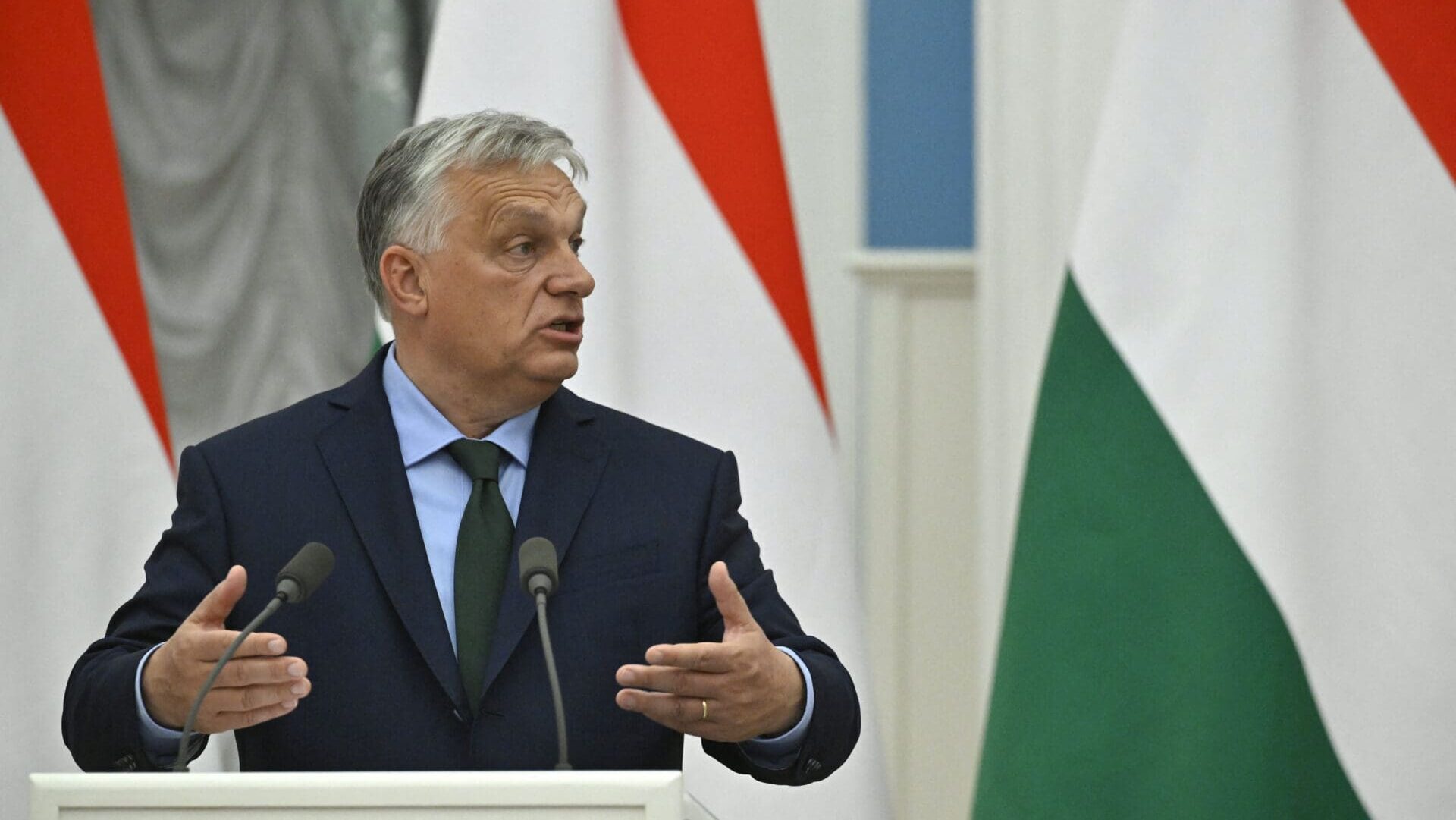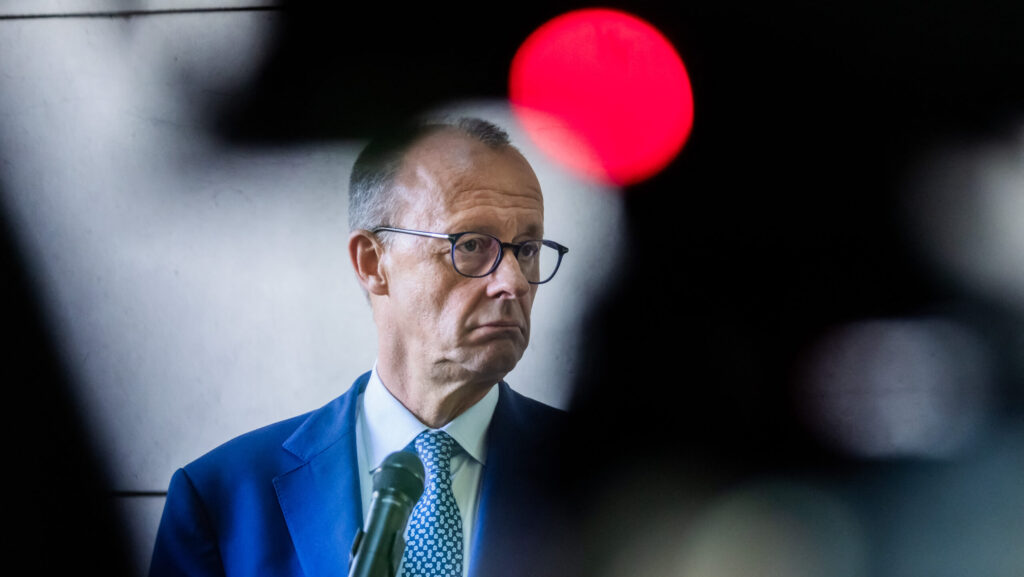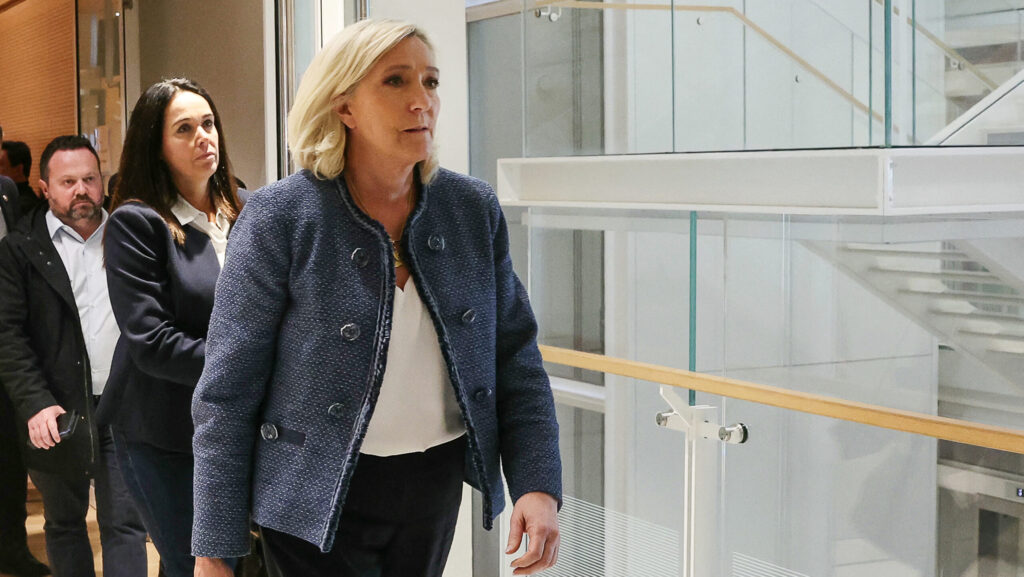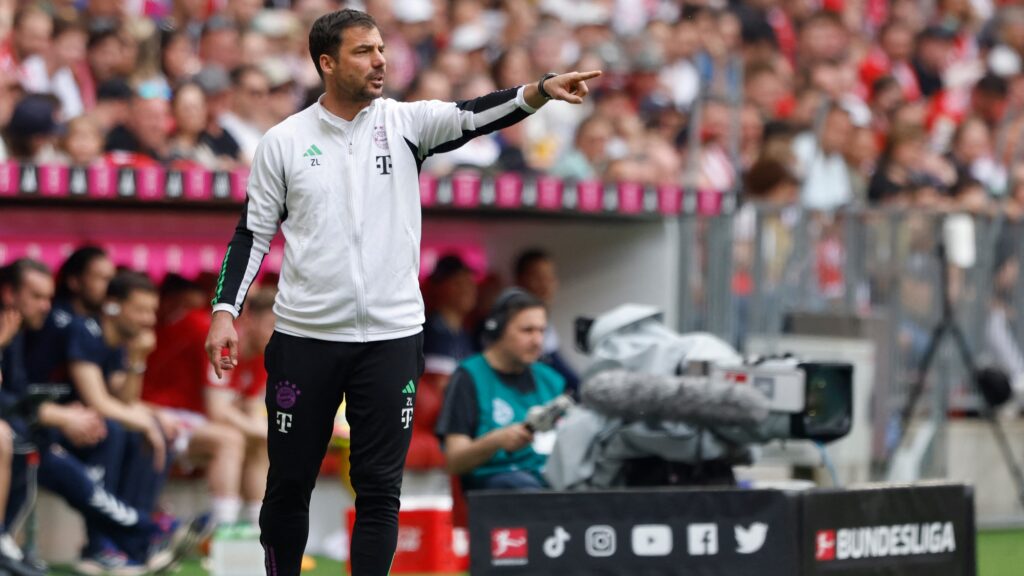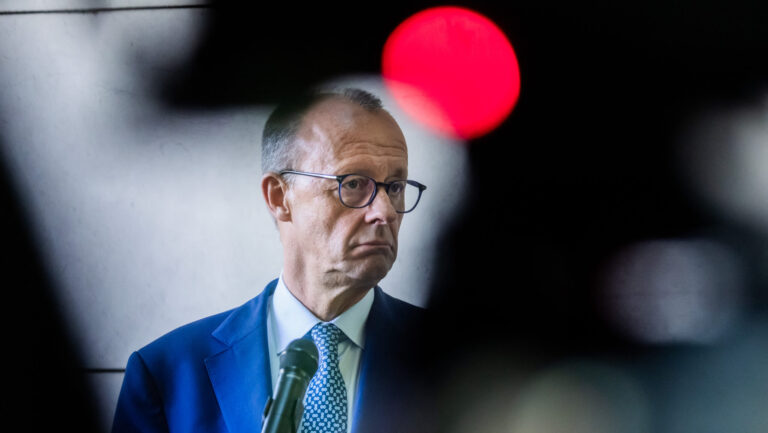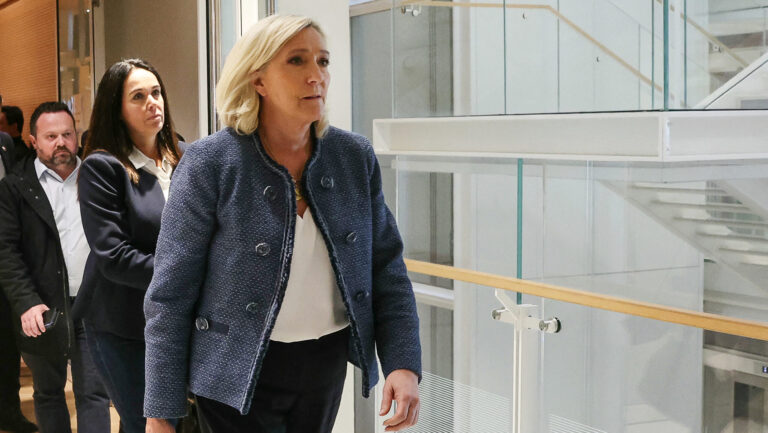Hungary faced an unprecedented attack during a meeting of EU ambassadors on Wednesday, prompted by Hungarian Prime Minister Viktor Orbán’s peace mission, including his recent visit to Moscow. According to POLITICO, during the meeting, which lasted over two hours, Hungary’s envoy to the EU Bálint Ódor endured an ‘unprecedented’ verbal assault, with Slovakia being the only country that did not participate in the criticism.
The reason for this criticism is that Brussels believes Viktor Orbán should have informed the president of the European Council and other EU leaders about his trip. They contend that he travelled to Kyiv, Moscow, and Beijing in his capacity as rotating president of the EU Council, thereby causing a rift in the EU’s common position. However, as the prime minister himself has repeatedly said, he undertook these visits in his capacity as Prime Minister of Hungary and had no intention of representing an EU stance. Minister for European Union Affairs János Bóka reiterated this claim at Wednesday’s meeting, stating that the discussions ‘were not on behalf of the EU, these were not conducted based on a mandate from the European institutions, and these were not conducted in the name of the European Union or any of its institutions.’
However, the EU ambassadors noted the ‘timing and sequencing of the meetings, the use of presidency hashtags, and the reaction of [Russian President Vladimir] Putin,’ an EU diplomat told POLITICO. ‘The lines were clearly and deliberately blurred. Orbán went against the letter and spirit of EUCO conclusions, thereby hurting EU unity,’ the diplomat added, referring to the summits of EU leaders.
One EU diplomat remarked that following the trip, the slogan of the Hungarian presidency, ‘Make Europe Great Again’,
could be aptly renamed ‘Make Russia Great Again’.
As usual, Brussels would typically punish Hungary immediately. However, diplomats regretfully told POLITICO that their hands are tied. ‘Changing the order of the presidencies or shortening Hungary’s six-month term at the helm of the EU might have been options at one point, but are now legally fraught since the presidency is already underway,’ an official stated.
The European Parliament will not remain idle either, as Estonian MEP Riho Terras intends to once again invoke the Article 7 procedure. If this lengthy procedure against Hungary, which has been dragging on for years, is concluded, the country could be stripped of its voting rights. However, there is no precedent for such a move, and other member states fear it could be a risky move.
So, that is unlikely either. How, then, might the EU ambassadors punish Hungary? One possible measure could be to boycott the informal ministerial meetings organized in Budapest during the six-month presidency. In fact, they have already started doing so, as the first such event saw no representative from the European Commission and only eight ministers in attendance. Several EU ambassadors on Wednesday suggested boycotting the informal meeting of foreign ministers in Budapest at the end of August.
According to POLITICO, Hungary will get away with a ‘yellow card’ for now. However, in the next six months, Orbán will need to be cautious about whom he meets and when to avoid ‘angering’ Brussels again.
The EU is accustomed to using a threatening tone, but employing the rotating presidency to limit Viktor Orbán’s bilateral talks and threatening the country with sanctions if he meets certain leaders represents a new level of threat from Brussels. Given that Hungary’s foreign policy significantly diverges from that of the EU’s major powers, this approach would severely restrict the country’s room for manoeuvre, effectively
attacking Hungary’s sovereignty under the guise of the rotating presidency.
Despite the repeated emphasis that Orbán undertook these trips as the Hungarian Prime Minister and not in his capacity as the rotating president, the EU persists in its stance. This is most likely due to Hungary’s pro-peace position. This situation once again underscores that, despite the clear result of the 9 June elections indicating that the people of Europe favour peace, Brussels remains indifferent, with the pro-war elite continuing to dominate European politics.
Related articles:

